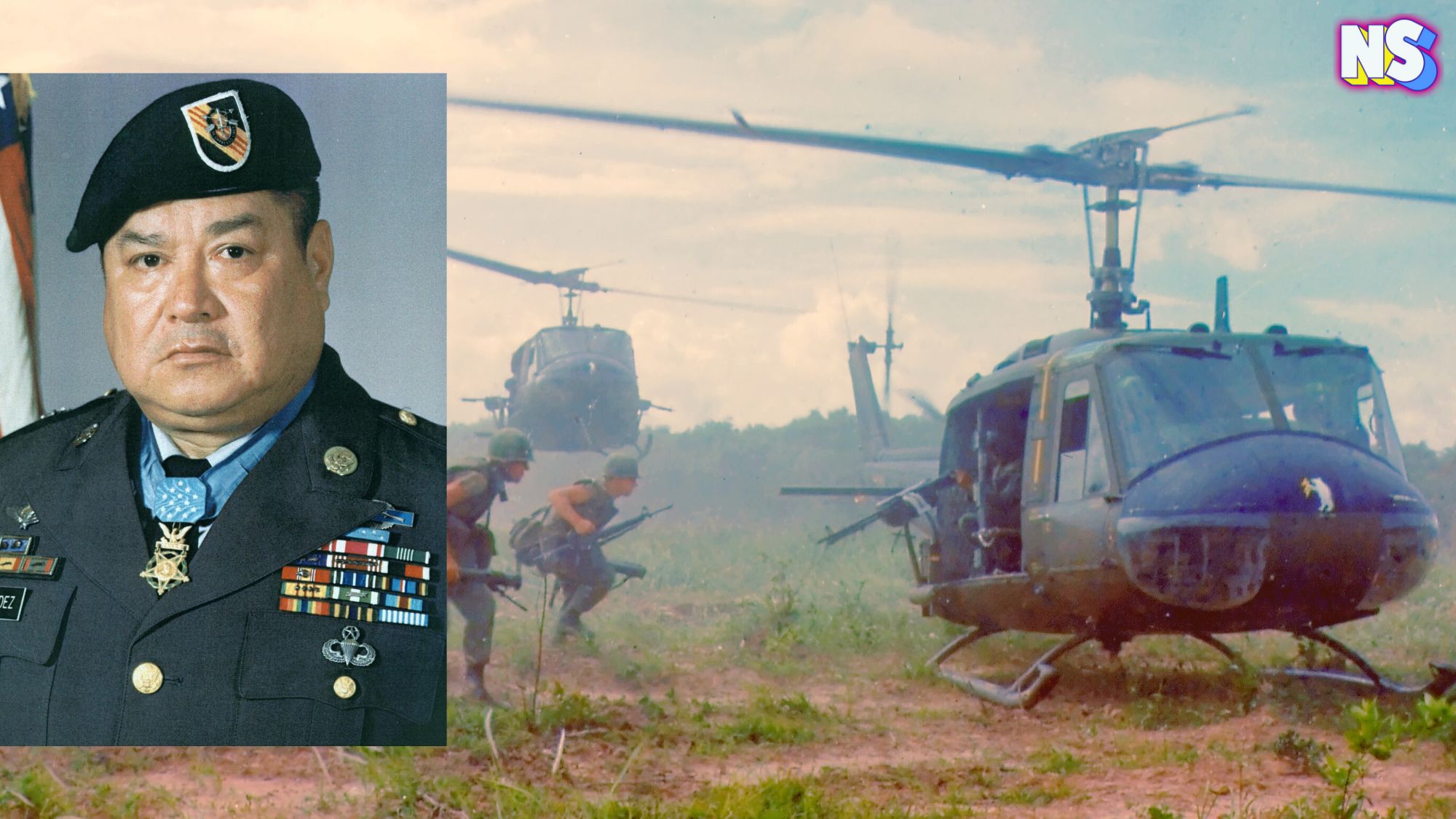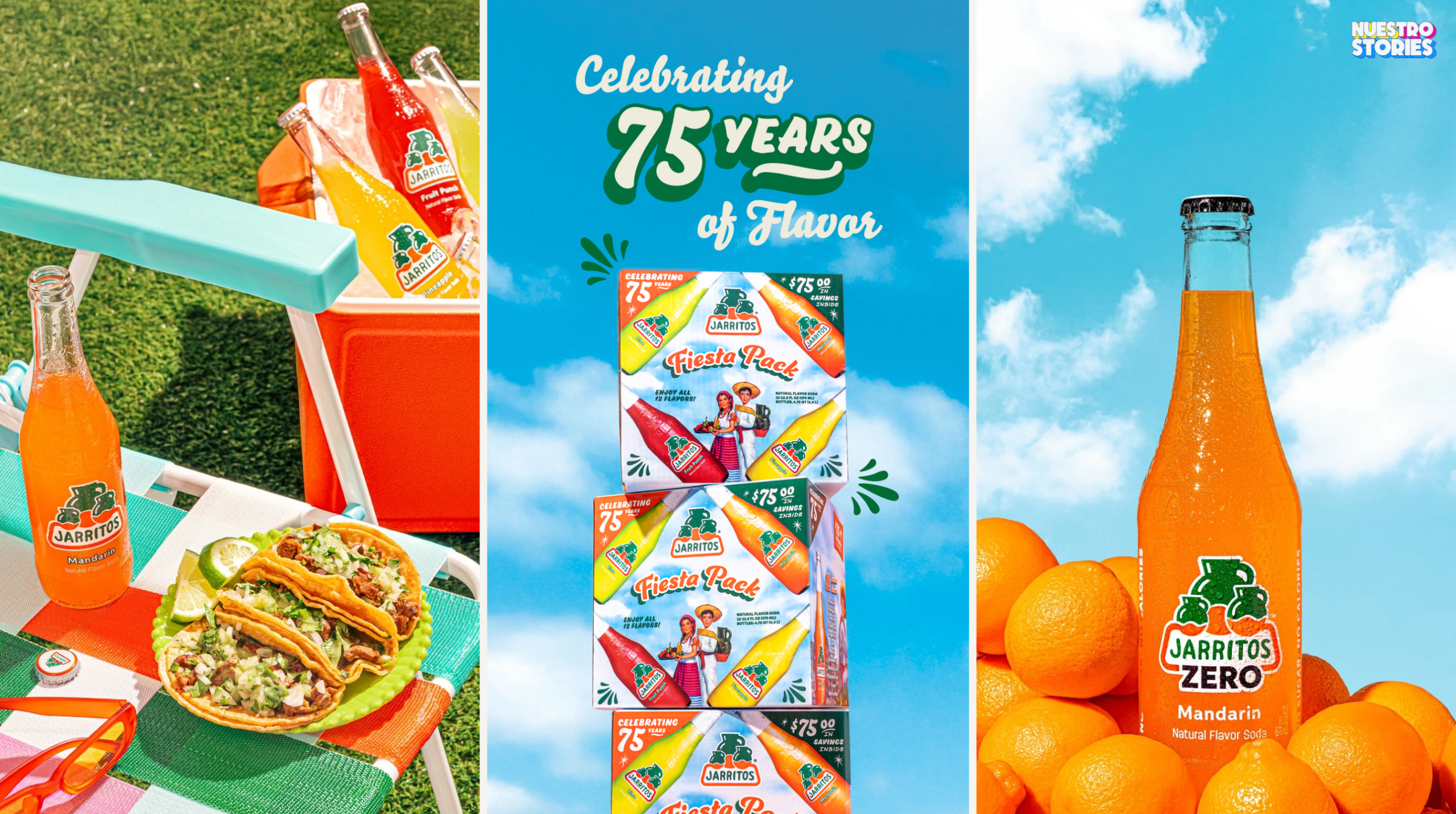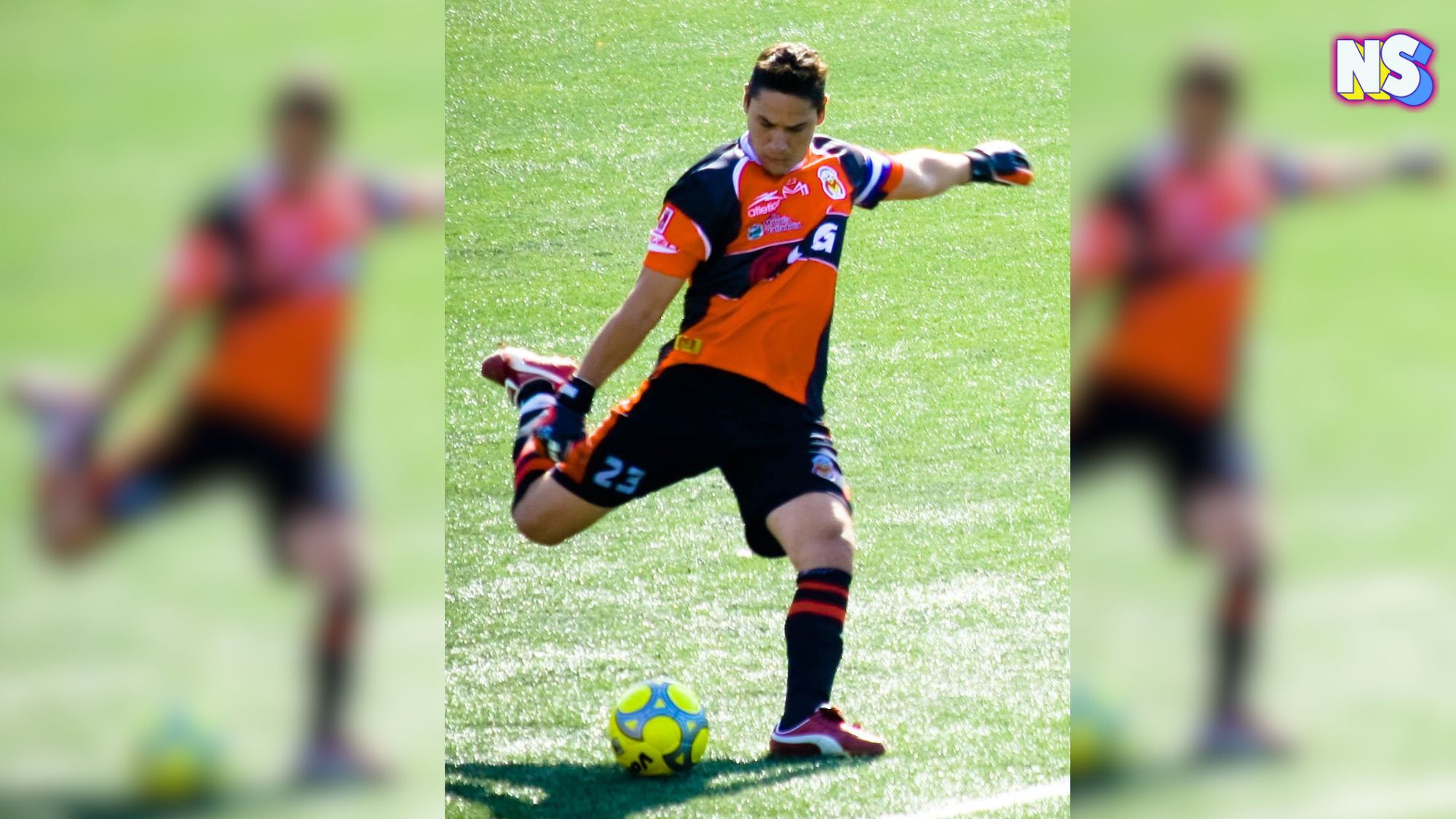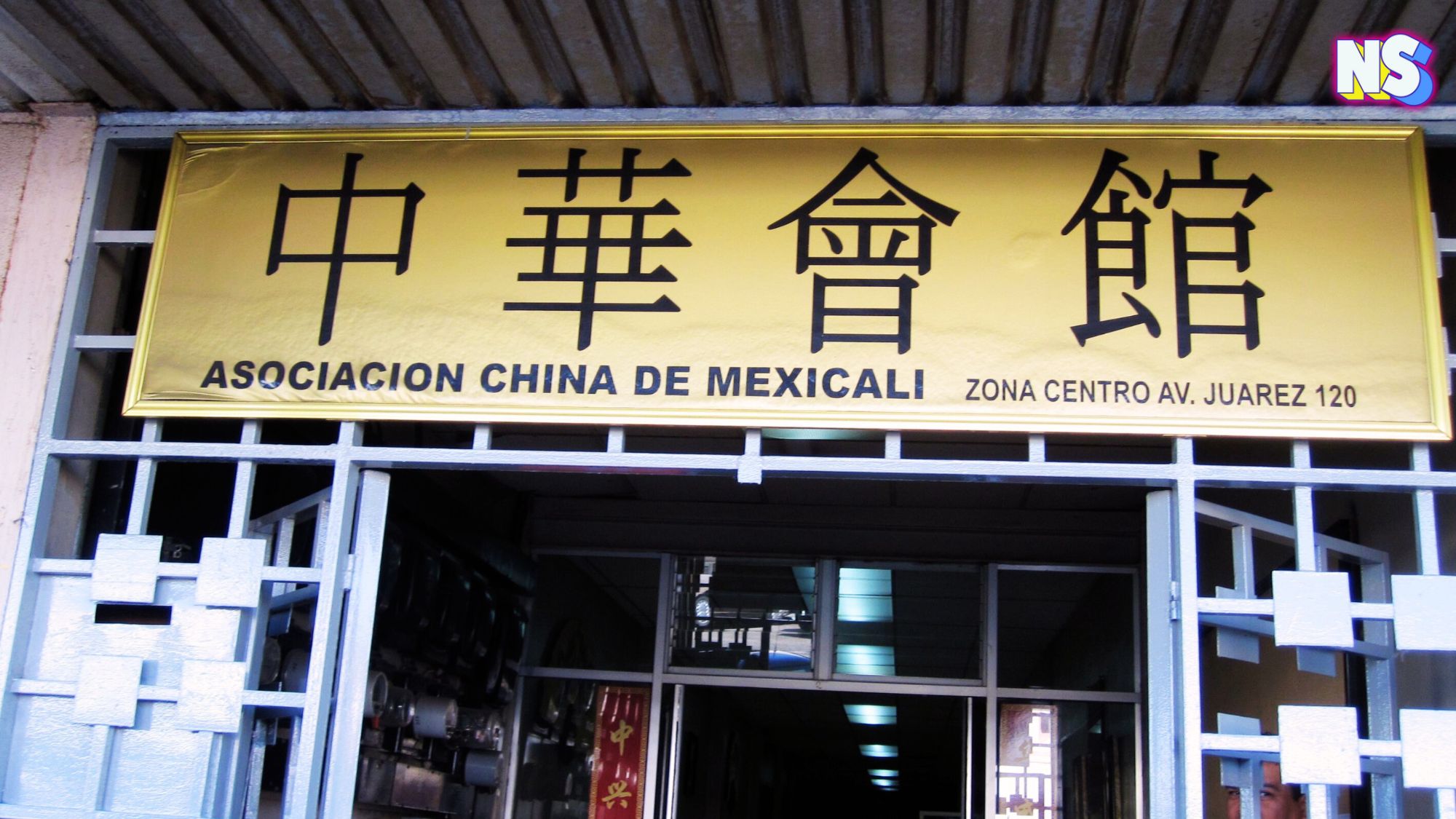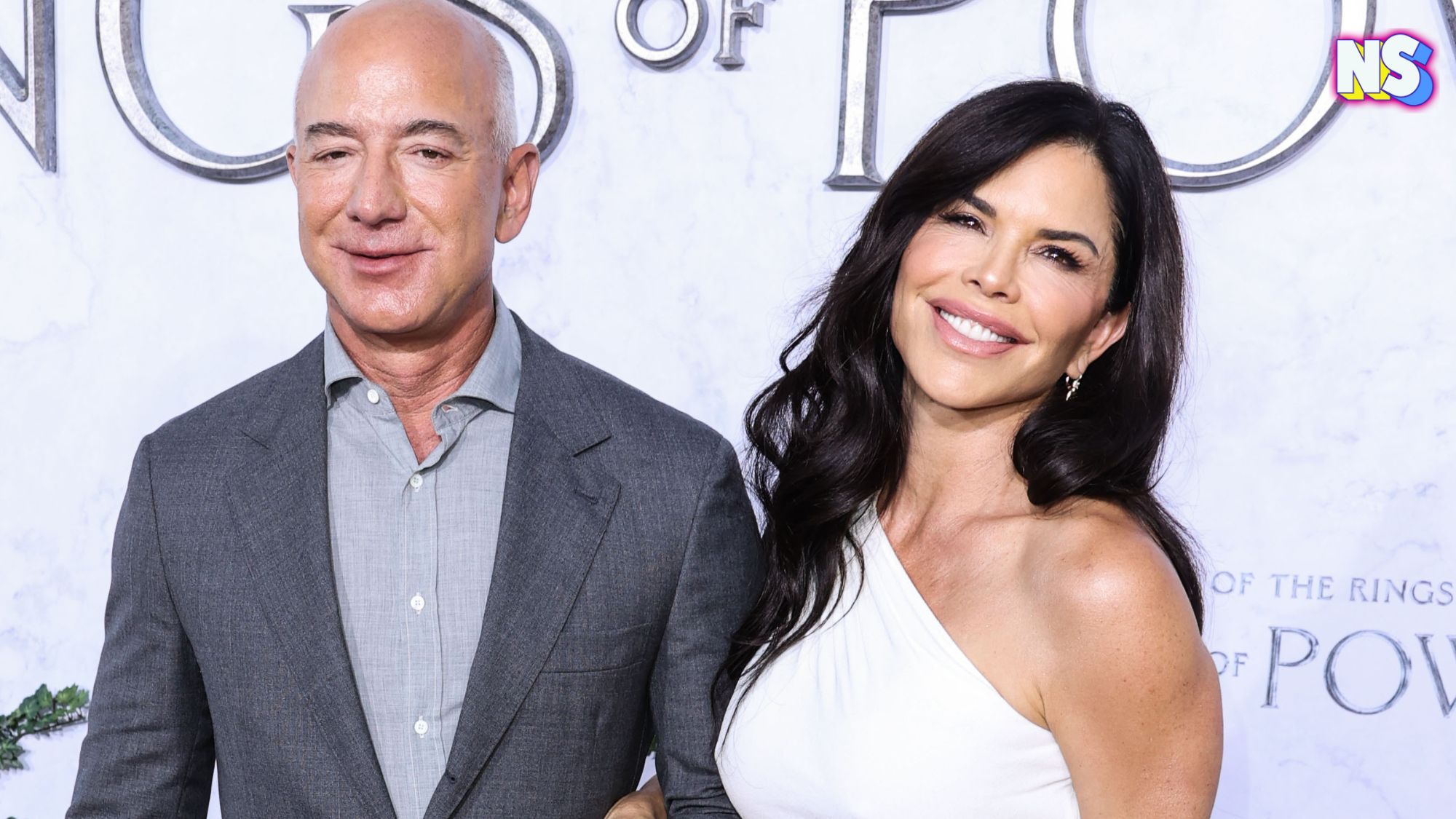Master Sergeant Raul Perez “Roy” Benavidez is one of the most heroic figures in United States military history. Yet, unlike other decorated Vietnam vets, his story has not been widely told, until recently. In the last decade, millions have learned about the “Invincible” Raul Benavidez thanks to social media and dozens of YouTube clips and documentaries. He’s known for performing a near-miraculous feat during the Vietnam War. And even received the Medal of Honor more than a decade later. His courage and strength in fighting off the North Vietnamese for six hours to save the lives of eight U.S. soldiers is legendary.
At his Medal of Honor ceremony at the White House, U.S. President Ronald Reagan said, “If the story of his heroism were a movie script, you would not believe it.”
Some say Raul Benavidez was a real-life Rambo, the fictional tormented warrior who fought against overwhelming odds. Most say he was much more.
Growing Up Poor
Born in Cuero, Texas, Benavidez faced adversity from an early age. His father died when he was two, and his mother passed away five years later. Growing up, he worked shined shoes, and worked on farms and at a tire shop. At age 15, he dropped out of school to work full time.
Benavidez’s military career began when he enlisted in the Texas Army National Guard during the Korean War. “This outstanding individual never surrendered in the face of adversity, from childhood to military life,” the YouTube short documentary Roy Benavidez: The Lazarus Soldier explains.
Later, he switched to active duty in the U.S. army and joined the 82nd Airborne Division at Fort Bragg, North Carolina. In 1965, Benavidez was sent to South Vietnam as a Special Forces advisor to an Army of the Republic of Vietnam infantry regiment. During his tour of duty, he stepped on a landmine. Doctors told him that he would never walk again, but Benavidez defied the odds. Just six months later, he walked out of the hospital, and returned to combat two years later.
The “Invincible” Raul Benavidez
In 1968, he ran through enemy fire, carrying wounded soldiers to safety, and even fought hand-to-hand against adversaries. He sustained additional injuries but refused to give up. When a helicopter arrived to evacuate the team, he continued to help others board, shielding them from bullets with his own body. His actions saved eight lives that day, and he almost died in the process.
In fact, legend has it that he was presumed dead and placed in a body bag that day. But when a doctor tried to zip him up, Benavidez spit on him to show he was alive. This is the day he became known as “invisible,” and “unkillable.”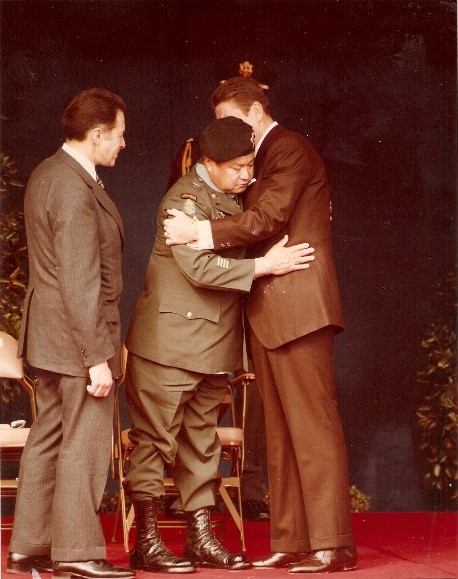
The Real Raul Benavidez
In honor of Memorial Day, I caught up with Benavidez’s daughter, Yvette Benavidez Garcia, to find out more about her father. Are the stories about him all true? She tells us the truth, and more, about the American hero she called dad:
NS: People compare your dad to Rambo. Do you agree? Why (or why not)? Are there similarities?
YBG: I smile all of the time when I read how my dad is compared to John Rambo. John Rambo is a fictional character and the movie is NOT based off of my dad’s life/story. To this day, I still read on Reddit, You Tube, or other social media sites how people are convinced that Rambo is based off of my dad, but, again, it is not. Their lives, though, are very similar. I have to agree.
Of course, they are both Special Forces, both earned the Medal of Honor, both have PTSD, both were discriminated against after they returned home from the war, both fought in the Vietnam War, and both are badasses. Someone needs to ask the creator of Rambo this quesion because they do have.a ton of similarities.
‘His family couldn’t afford new shoes’
NS: I read that he grew up poor. What did he tell you about his childhood?
YBG: By all accounts my dad grew up with many disadvantages. He had always talked about losing his parents at a young age so we knew he was orphaned by the time he was 10. He spoke about not having an opportunity to go to school because he’d have to pick cotton (work). Although his family struggled monetarily, he never spoke too much about being poor. He definitely didn’t harp on it. At times he’d talk about selling his adoptive mother’s tacos on the street corners in order to earn money. Or he mentioned how he had to shine shoes to earn money. He definitely did anything he could to earn a nickel or a dime.
Once, he took a dare from a grown man. This man told him to go into the bull pen and yank the testicles of the bull. The man dared my father that if he could do this without getting himself killed or injured, he’d give him a nickel. My dad took the dare and came out alive! He also earned him the respect of the men and a quarter.
Dad said his family couldn’t afford new shoes so he had to patch up his holey ones by putting cardboard inside his shoes to cover the holes in his soles. Dad was poor and disadvantaged, but so were a lot of other people as well.
NS: What did he say about the time he was told he’d never walk again?
YBG: My dad never really talked much about it. I mean my family knew he had been paralyzed, but he didn’t go around talking about it to us. We saw the pain though every day that he lived with. He’d talk about his time in the hospital every once and a while, but when he did he talked about those that didn’t believe in him. He spoke about the men in his room making bets against him and stealing his food that my mom would bring him. He joked about how he had asked my mom to bring him a sandwich from home (she would travel over 200 miles from El Campo to BAMC (Brooke Army Medical Center) to visit him.) He asked her to start putting jalapenos in the sandwiches. The next time they stole his food, they got a fiery surprise.
‘The luckiest shot he ever made’
NS: I read that he spit at the doctor trying to zip him up in a body bag because they thought he was dead. Is this true? How did he explain this incident to you?
YBG: My dad always said it was the luckiest shot he ever made. My dad talked about how after he finally gave the thumbs up for the helicopter to take off, he remembered lying there and not being able to move. He was losing consciousness and was barely alive. His breathing was shallow and his jaw was locked shut. He also had so much blood covering his face that it had dried and prevented his eyes and mouth from opening too. He knew that they thought he was dead and he couldn’t do anything to prove otherwise. He said he prayed to God … don’t let me die this way. You didn’t allow me to go through everything I just did to make me die this type of death (being suffocated in a body bag). He said the only thing he thought of was to spit.
I ended up meeting the actual medic a couple of years ago. It was a surreal moment for sure. He tells a slightly different story. He says they were putting the dead off to the side one by one. When they got to my dad, he appeared to be dead. His breathing was so shallow that’s why he bent down to check on him. Plus, someone had recognized that that was my dad among the dead and they said, “That’s Benavidez!” When the medic went to make his final confirmation on my dad, he appeared to be dead so that’s when they started to zip up the body bag. My dad could hear the zipper creep up and he was screaming inside of his head that he was alive! The medic says he saw this little wiggle of something through my dad’s teeth. Although his mouth was locked shut, it wasn’t completely closed. Apparently, my dad had a tiny gap between his teeth and my dad was wiggling his tongue hoping the medic would see. Well, he did. The medic said it looked like a small worm or something. The movement caught his attention and when he bent down to get a closer look, thats’s when my dad made the best shot of his life.
NS: What was he really like? As a dad?
YBG: My dad was very funny, witty, and smart. He was always trying to make people laugh. He had a great sense of humor. Looking back I realize now how intelligent he truly was. Even though he only had an 8th grade education, his intelligence was far greater than that. He knew 14 different languages. He knew them well enough to get by if he was ever in a foreign land. He loved to read books. His favorite author was John Grisham.
He was very stoic, but also had a senstitive side to him. He was stern and very intimidating to all of my male friends. I got a kick out of introducing him to guy friends. They would be so nervous to meet him, but the minute they’d walk away he would shoot a grin behind their back and cross his eyes. He wanted them to think he was mean, but he wasn’t. My dad liked to listen to Hank Williams and Freddy Fender. He also had a lot of faith and attended mass every Sunday. He never wavered in his faith. He was also smart with his money and never had any debt. My dad had a very generous heart. He always gave up his time, money and energy to help those who needed it. I miss every bit of him!
‘Mental Torture’
NS: Is there something most people don’t know about him that you wish they would?
YBG: There’s a lot of things I want people to know about him. One day I’ll write another book and write about it. Most people don’t know that before he went to Vietnam, the first tour, he was injured by a hit and run. My dad never talked about it because he had amnesia from it and legit didn’t know it happened.
I stumbled upon it when I asked to see his medical records. I uncovered this in his files. My dad was stopped on the side of the road on his motorcycle when he was struck by a hit and run. He was found unconscious in a nearby ditch. He was sent to the ER, but they thought he was inebriated because when they found him. he was slurring his speech and not able to walk. They assessed him and then released him. Eighteen days later he returned to the ER because my mom convinced him to go. He had been having ongoing hiccups and coordination and speech issues. He went back to the ER and it was determined that he had a severe brain injury and was hospitalized for 53 days. After his two-month stay in the hospital, all evaluations were normal except his verbal intellectual functioning.
It was adversely affected to a mild degree. His visual motor performance was also affected functioning to a moderate degree. He had to start a program of physical therapy (water therapy to be exact) with an emphasis on the retraining of this coordination. One year later he was training with the Special Forces at Fort Bragg and received the Good Conduct Medal. Aside from that, I also want people to know that he suffered from PTSD. At the time, this was something I didn’t know existed. No one ever talked about it. In retrospect, I know he had it.
I want people to know that every time he spoke about his experience, it pained him. I believe he went through mental torture reliving the moments in combat because he was that committed to helping others. He was such an inspiration to others, he truly put his needs and mental fortitude aside to encourage and inspire others. Finally, I want people to know that even though he faced a lot of hatred, bigotry, racism, jealousy, and discrimination (even in death he still receives negative comments), he not once complained or spoke negatively about those who threw hate at him. His attitude was always: “I’m OK. The world’s wrong.”
‘Don’t worry about it. You’re O.K. The world’s wrong.’
NS: What do you think made your dad who he was?
YBG: My dad’s faith, determination and positive attitude is what made him who he was. His faith carried him throughout his life. If he wasn’t the one praying, his adoptive mother was. My mom even pinned my dad with St. Christopher and St. Michael medallions during his military career. So, he always had God in his life. Furthermore, my dad is the product of having a family who loved him. They didn’t have much, nor did they have a lot of opportunities, but they had love.
Also, living with a father who had a positive outlook on life, despite his circumstances, makes for an amazing person. My dad had a conscious choice, like we all do, to live his live bitter, or better. He chose the latter. My dad’s motto was: “Don’t worry about it. You’re O.K. The world’s wrong.” With that, he truly lived his life thinking he was ok, and the world was the one who needed help.
NS: Some places call him “Unkillable.” Do you like it when they say that about him?
YBG: I’ve never really thought about whether or not I like or dislike that description about my dad. I guess I don’t mind it. “Invincible” or “bulletproof” might be better words to describe him. The only description my family and I don’t like to see attached to his name is the word “winner.” My dad was a huge proponent of never using that word to describe what he did. Unfortunately, we still see it all of the time … “Roy P. Benavidez, Medal of Honor Winner.” My dad was quick to correct that, and now so are we. My dad would say he didn’t “win” anything … he earned it.
Find Out More
To read more Yvette’s dad, the amazing Roy Benavidez, pre-order this soon to be released book called, “The Ballad of Roy Benavidez.” 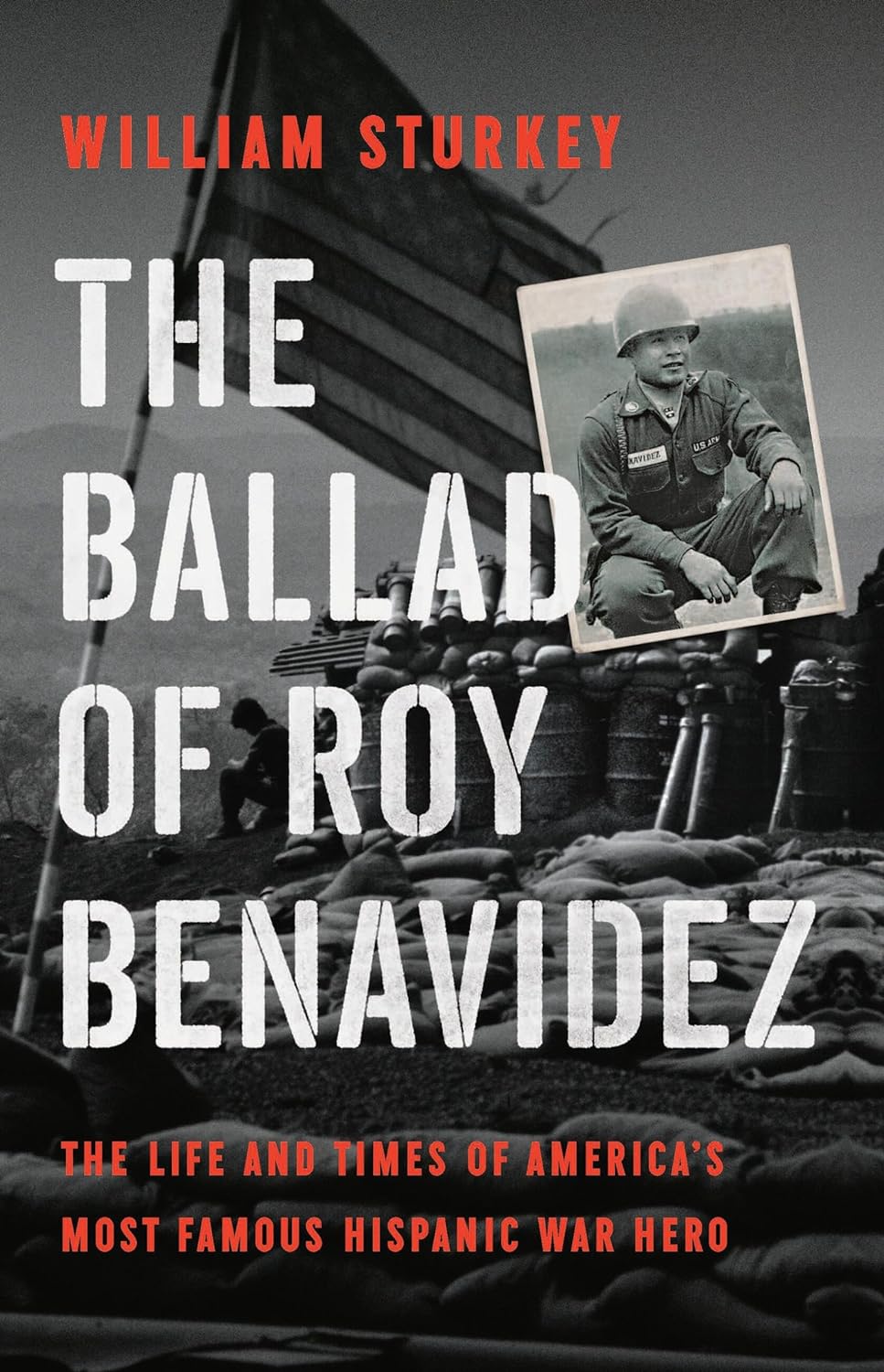
“Dr. William Sturkey spent seven years researching my dad,” Benavidez Garcia tells us. “He wanted to know what made him the man that we all know and love. He researched his lineage, interviewed family members, and even went to Vietnam to retrace my dad’s steps in battle. After taking a seven year sabbatical to write this book, it’s finally going to be released on June 11th. This book was truly a labor of love and it talks about the life and times of my dad. I’m reading it now and it is very good. It’s hard to put it down at night. I get emotional reading it because I’m learning something new every time I read a chapter. My dad truly was amazing and inspirational.” 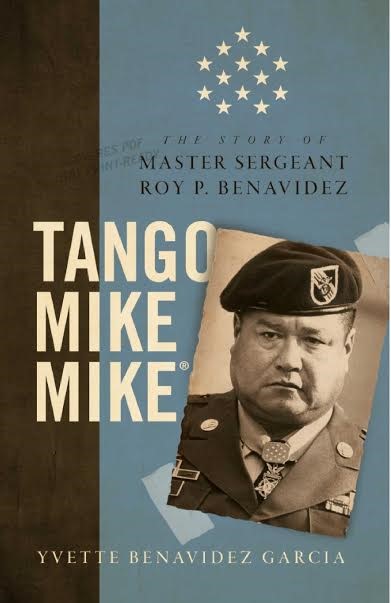
For even more, check out Benavidez Garcia’s children’s book called, “Tango Mike Mike: The Story of Master Sergeant Roy P. Benavidez.” “It’s a short read, and intended for school aged students from 2nd grade thru 7th. … it’s also for the young at heart,” his daughter tells us.
As we commemorate Memorial Day, we honor Raul “Roy” Benavidez and all those who have served our nation for freedom and peace.
Photos of Roy Benavidez courtesy of Yvette Benavidez Garcia.

